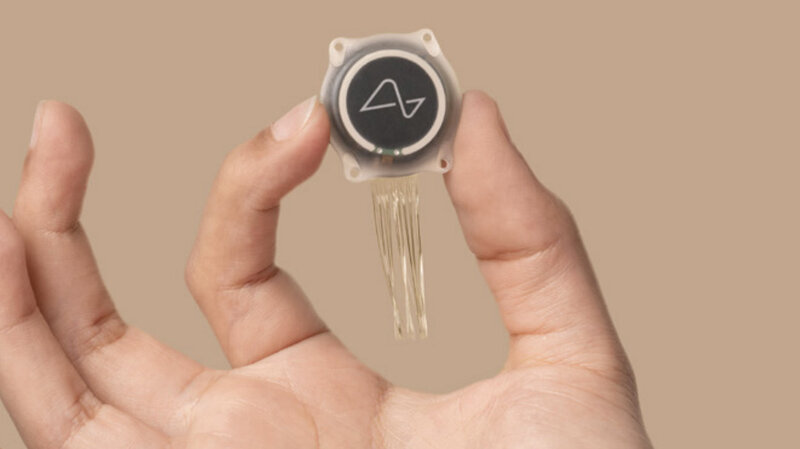Elon Musk, tech billionaire and the second wealthiest person in the world at the moment has recently announced on his X account that his medical device company “Neuralink” has become the first to successfully implant a microchip into a human brain. The procedure marks significant progress for Neuralink, which aims to allow paralyzed people to control movement by thought. However, there has been a backlash online, as some people think the “Telepathy” chip is a new method for mind control.
Last year, Neuralink, the California-based start-up cofounded by Musk received the U.S. Food and Drug Administration (FDA) clearance for its first-in-human clinical trial, which was regarded as a critical milestone in the startup's ambitions to help patients overcome paralysis and other neurological ailments. Months later, the startup began recruiting patients with quadriplegia caused by cervical spinal cord injury or amyotrophic lateral sclerosis (ALS). It was not until January 2024 that Musk reported on further progress through his X account saying: “Initial results show promising neuron spike detection”.
The study used a robot to surgically place a brain-computer interface (BCI) implant in the brain to control the intention to move. The implant’s ultra-fine threads are aimed to help transmit signals in the brain of the participant whose identity has not been disclosed yet. Telepathy, the first Neuralink product, “enables control of your phone or computer, and through them almost any device, just by thinking,” Musk wrote as a follow-up tweet after his initial post about the procedure, which seemed to break the internet.
It is worth mentioning that other companies have been working in this field, including Synchron, a New York-based medical equipment manufacturing company. In 2021, Synchron was the first company to gain FDA clearance to test a device in humans. Since then, it has been enrolling and implanting patients in a trial. “For about 20 years now, academic research on brain implants, up until this point, more or less have almost exclusively been with wires,” said Dr. Paul Nuyujukian, Assistant Professor of Bioengineering at Stanford. “The difference that the N1 has with Neuralink, it is fully implantable, it is battery-powered, it is wireless. All of this is being done over Bluetooth protocol,” Nuyujukian added. Despite seemingly promising advances, this type of technique poses a health risk due to infection, bleeding, and tissue damage, as it requires cutting the skin, getting down to the human skull, and drilling a hole in it.

Photo source.
“We know Elon Musk is very adept at generating publicity for his company, so we may expect announcements as soon as they begin testing, although true success in my mind should be evaluated in the long-term, by how stable the interface is over time, and how much it benefits the participant,” commented Anne Vanhoestenberghe, a professor of active implantable medical devices at King’s College London.
This is not the first time Neuralink, has made its way to tech news headlines worldwide. Earlier this year, the tech start-up was fined for violating U.S. Department of Transportation (DOT) rules regarding the movement of hazardous materials. In 2022, it was reportedly under Federal investigation for violating the Animal Welfare Act (AWA) for killing around 1500 animals including more than 280 sheep, pigs, and monkeys since 2018 for tests. According to some employee whistleblowers, the tests were being rushed causing suffering and deaths.
References
en.wikipedia.org/wiki/Elon_Musk
reuters.com
vox.com/future-perfect
reuters.com
reuters.com
theguardian.com
edition.cnn.com
Image by Freepik.